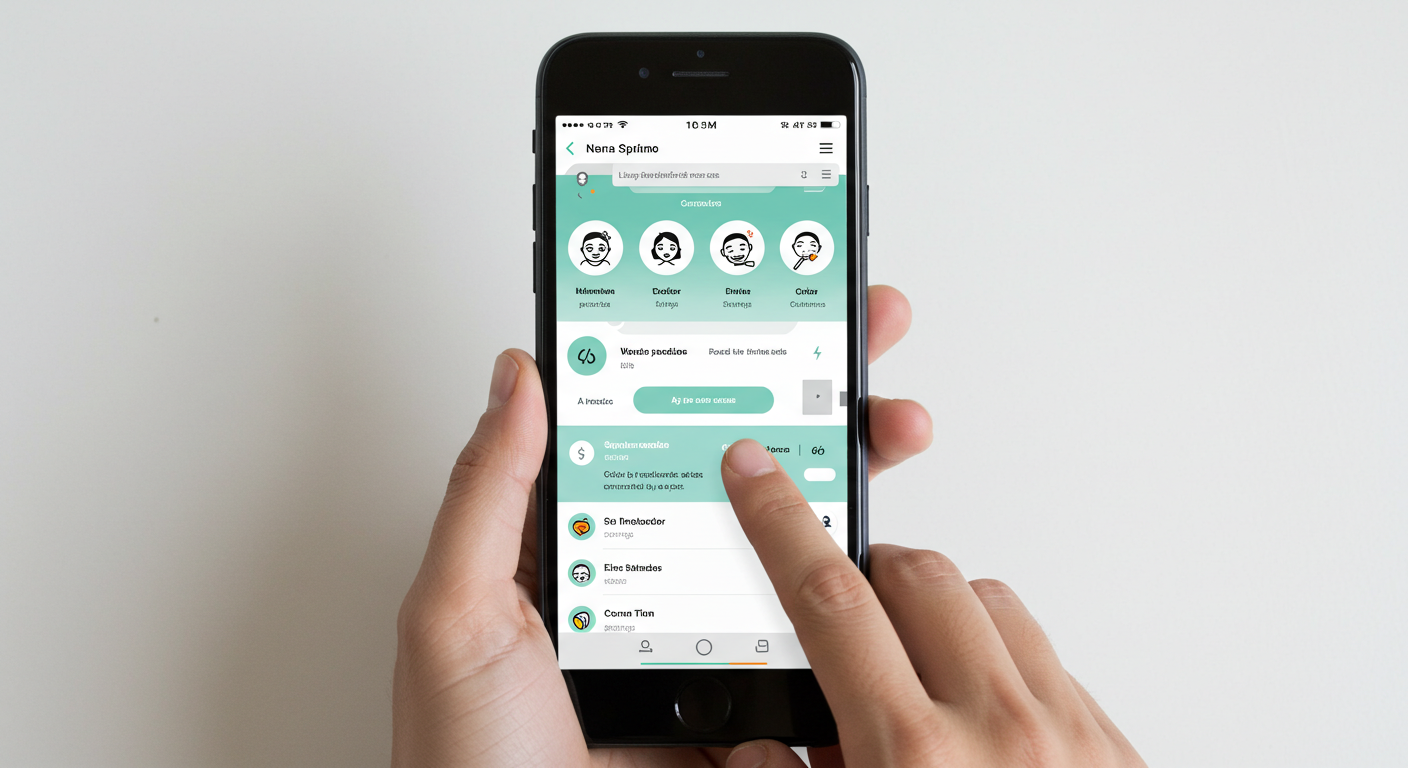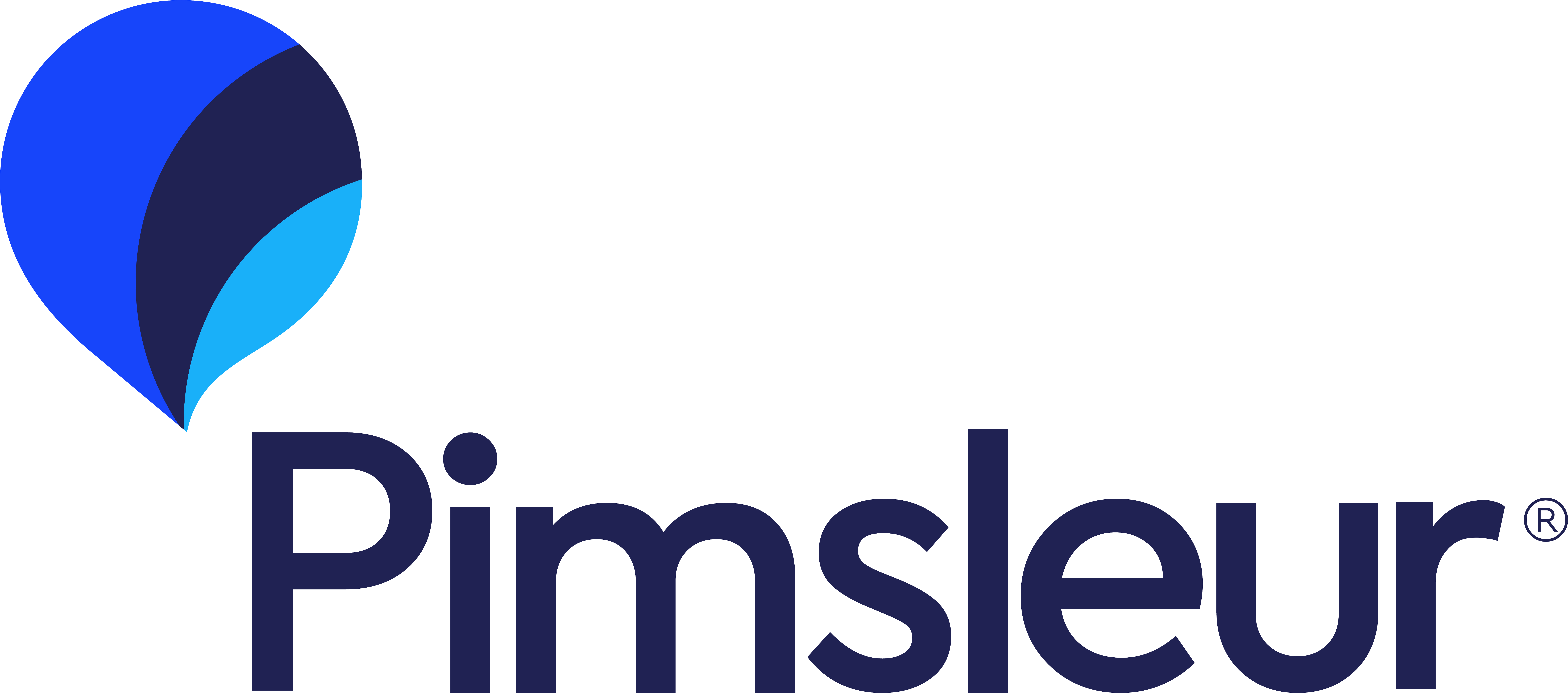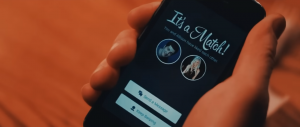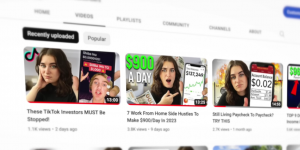You want to speak Spanish confidently—whether that’s for your next trip to Mérida, a promotion at work, or simply to chat with your abuela without switching to English. Yet with hundreds of language‑learning apps screaming for attention, picking the best app to learn Spanish can feel harder than rolling your r’s. In this guide I’ve sifted through the science, price points, pedagogies, and the latest 2025 updates to show you which tools really move the fluency needle. You’ll see a quick‑scan comparison chart, deep‑dive reviews, research‑backed tips, and a no‑fluff FAQ section that tackles the questions real learners type into Google every day. Let’s dive in.
Table of content
- Why Spanish—and Why Now?
- How We Picked the Winners
- Quick Take: Top Apps at a Glance
- Deep‑Dive Reviews
- Picking the Right Match for Your Goal
- Pro Tips to Accelerate Your Spanish
- FAQs
- Is there a 100 % free Spanish learning app?
- Best Spanish learning app free
- Free Spanish learning apps for adults
- Best app to learn Spanish for free kids
- Best app to learn Spanish for travel
- Is Duolingo the best app to learn Spanish?
- What is the most effective app for learning Spanish?
- What is the #1 best language learning app?
- Is Babbel worth it in Spanish?
- How many Duolingo lessons should I do a day?
- Can you become fluent in Spanish with just Duolingo?
- Conclusion & Next Step
Why Spanish—and Why Now?
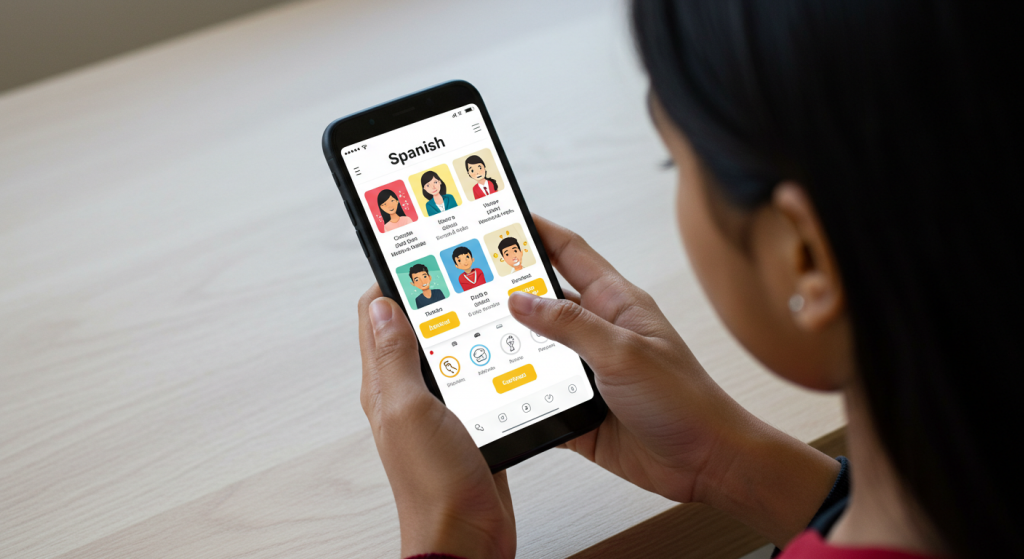
- Spanish passed the 600 million speaker mark worldwide in 2024, making it the second‑largest language by native speakers and a strategic skill for business, travel, and culture.
- In the United States, Spanish remains the dominant non‑English language—spoken in 62 percent of multilingual homes.
Every year the economic and social value of Spanish grows. Bilingual employees can earn up to 5–20 percent more than monolingual peers, according to multiple labor‑market studies (linkable anchor text for future internal article on “Spanish bilingual salary premium”). In other words, choosing the right learning app isn’t just a hobby decision—it’s an investment.
How We Picked the Winners
- Pedagogical depth – Does the curriculum cover speaking, listening, reading, grammar, and culture?
- Verbal practice & speech tech – Can you actually say sentences out loud and get corrected?
- Lesson efficiency – Bite‑size sessions that fit a lunch break yet build toward CEFR A1‑B2 milestones.
- Transparent pricing – No complicated micro‑transactions.
- Real‑world results & user studies – We reviewed independent academic or company‑funded effectiveness studies where available.
- Freshness – Only 2024‑2025 product updates were considered, so you’re not reading cobwebbed reviews.
Quick Take: Top Apps at a Glance
| App | Price* | Content Access Period | Avg. Lesson Length | Verbal Practice | Speech‑Recognition | Grammar Instruction |
|---|---|---|---|---|---|---|
| Duolingo | Free; Super $12.99/mo or $59.99/yr | Unlimited while subscribed | 3‑10 min | Yes | Yes | Light, in‑app tips |
| Babbel | $14/mo; 12‑mo ≈ $8/mo; Lifetime deals $129+ | Monthly, annual, or lifetime | 10‑15 min | Yes | Yes | Robust |
| Pimsleur | $14.95/mo or $20.95 “Premium” | Month‑to‑month or lifetime | 30 min | Yes (audio) | Yes | Moderate (audio‑based) |
| Rosetta Stone | $10.95/mo (12 mo); Lifetime $219 promo | 12 mo or lifetime | 5‑10 min core; 25‑min live | Yes | Yes (TruAccent) | Implicit, visual |
| Busuu | Free; Premium $14/mo, $84/6 mo, $167/yr | Monthly or annual | ≈ 10 min “compact lessons” | Yes (native‑speaker feedback) | Yes | Explicit |
| Lingopie | 3 mo $41.97; Annual $71.88; Lifetime $199 | Subscription or lifetime | 10‑25 min TV episodes | Limited (shadowing) | No | Limited captions |
*Pricing in U.S. dollars, April 2025. Always check the app store for flash sales.
Deep‑Dive Reviews
1. Duolingo
Duolingo remains the “gateway drug” for millions because it merges gamification with micro‑lessons you can finish while waiting for coffee. The path structure now mirrors CEFR levels and includes Spanish‑specific grammar guidebooks for each unit. Super Duolingo strips the ads and adds unlimited “Heart” mistakes, while the new Explain My Answer button—powered by GPT‑4o—offers chat‑style grammar help. Speech exercises use Duolingo’s in‑house voice model to nudge your pronunciation.
Best for: absolute beginners, streak lovers, busy travelers.
Watch‑outs: sentence fragments feel random at intermediate levels; limited live conversation.
2. Babbel
Babbel leans on linguistic science rather than game scores. Every Spanish course is hand‑built by a 100‑person team of teachers and uses spaced repetition, dialogues, and review decks. AI‑enhanced speech recognition launched in late 2023 and now grades single words in micro‑seconds. Lessons take 10–15 minutes and stack logically (Greetings → Ordering Tapas → Past‑Tense Stories). Lifetime access deals pop up several times a year, making it cheaper than one semester of textbook Spanish.
Best for: adults who prefer structured grammar, travelers needing phrasebooks, learners who can commit 15 min/day.
Watch‑outs: fewer cartoons or streak incentives; you need self‑discipline.
3. Pimsleur
If you want to speak—not just tap bubbles—Pimsleur’s 30‑minute audio sessions force you to answer aloud every few seconds. Decades of research on interval recall still hold up, and the new AI Voice Coach gives feedback on your accent. Because every lesson is entirely in Spanish after the first phrase, your ear adjusts fast. The trade‑off? Minimal reading practice until you supplement with other resources.
Best for: commuters, auditory learners, pronunciation perfectionists.
Watch‑outs: 30 minutes feels long if you’re short on time; visual learners may crave on‑screen cues.
4. Rosetta Stone
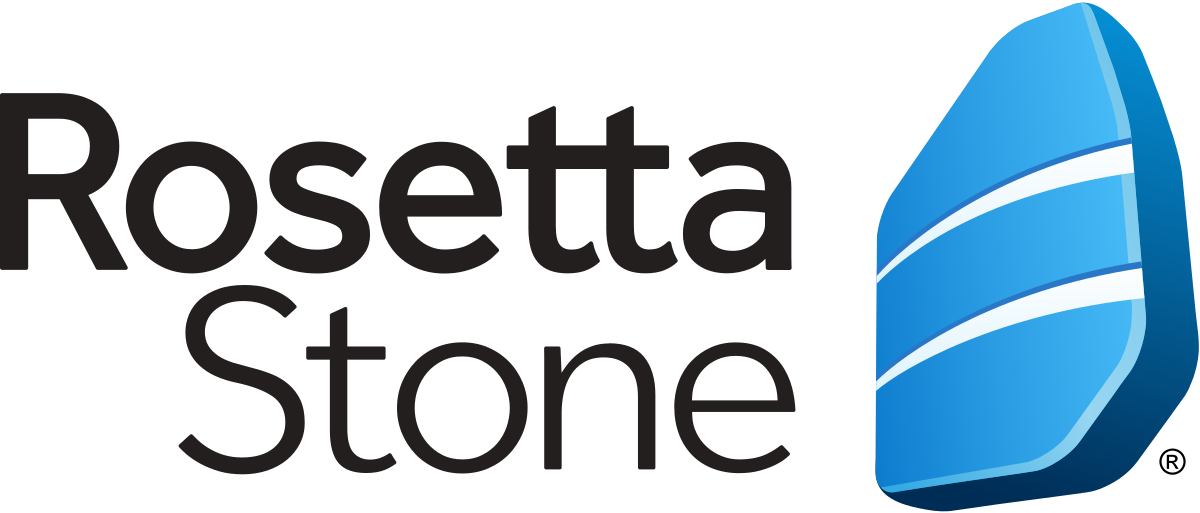
Rosetta Stone’s “Dynamic Immersion” still avoids English translations, but 2024 updates added 5‑ to 10‑minute bite‑size modules, live classes, and TruAccent speech analysis. A single lifetime fee buys all 25 languages, which is huge value if Spanish is just your first stop. Live tutoring slots (25 min) give you real‑time feedback from native speakers without leaving the app.
Best for: visual learners, corporate training, polyglots eyeing multiple languages.
Watch‑outs: indirect grammar instruction frustrates analytical learners; cultural notes are thin.
5. Busuu

Busuu combines an AI‑driven study plan with human feedback: write a short paragraph, hit “Send for correction,” and a native speaker tweaks your article within hours. Its new speech‑recognition drills let you mimic phrases until the waveform turns green. “Compact lessons” claim you can learn in just 10 minutes a day, perfect for lunch breaks. Premium unlocks all content and an official McGraw‑Hill certificate at B2 level.
Best for: community‑minded learners, intermediate writing practice, goal‑oriented study plans.
Watch‑outs: free tier is limited; occasional lag in peer corrections.
6. Lingopie
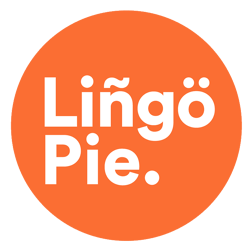
Think “Netflix meets flashcards.” Lingopie serves Spanish TV series with clickable subtitles—tap a word, and it pauses the video, shows a definition, and saves it to a review deck. The platform added podcasts and music videos in 2024, turning passive binge‑watching into active learning. There’s no speech recognition, but a “shadow‑loop” lets you repeat actor lines karaoke‑style.
Best for: upper beginners who want immersion, pop‑culture fans, anyone bored by flashcards.
Watch‑outs: less structured, weak grammar coverage, broadband required.
Picking the Right Match for Your Goal
| Goal | Ideal App | Why |
|---|---|---|
| Total beginner, 5 min/day | Duolingo | Ultra‑short lessons build the habit. |
| College‑style grammar drill | Babbel | Clear explanations, spaced review. |
| Pronunciation mastery | Pimsleur | 30‑min audio with AI accent coach. |
| Kids aged 7‑12 | Duolingo or Rosetta Stone Stories | Visual cues and gamified points keep attention. |
| Business travel in Latin America (2 months to prep) | Pimsleur + Babbel combo | Speak fast with Pimsleur; polish grammar & writing with Babbel. |
| Entertainment‑based immersion | Lingopie | Authentic TV, music, and podcasts. |
| Certification for résumé | Busuu Premium or DELE prep course | Busuu issues CEFR certificates accepted by some employers. |
Pro Tips to Accelerate Your Spanish

- Stack micro‑habits. Do a Duolingo 5‑minute warm‑up, then a 15‑minute Babbel grammar lesson, and finish the day by shadowing a Lingopie clip.
- Talk to yourself. Narrate chores in Spanish; it builds fluency without scheduling a partner.
- Write mini‑journals. Post them on Busuu for corrections; save repeated errors to an Anki deck.
- Set a streak floor, not a ceiling. One Duolingo lesson keeps momentum, but schedule two longer sessions weekly for real progress.
- Use the 30‑30‑30 rule. Every 30 days, spend 30 minutes assessing your goals and celebrate 30 wins (new words, corrected sentences, etc.).
FAQs

Is there a 100 % free Spanish learning app?
Yes—Duolingo’s core course remains free forever. Busuu and Lingopie also have free tiers, but features are restricted.
Best Spanish learning app free
For zero cost, Duolingo offers the most complete path, while Memrise’s free plan is great for vocabulary videos.
Free Spanish learning apps for adults
Combine Duolingo, Memrise, and the podcast Coffee Break Spanish for a no‑fee curriculum.
Best app to learn Spanish for free kids
Duolingo’s cartoon‑style interface and XP points work well for ages 7+.
Best app to learn Spanish for travel
Pimsleur (for speaking drills) plus Babbel’s phrasebook gives you survival Spanish in weeks.
Is Duolingo the best app to learn Spanish?
It’s the best free entry‑level tool, but serious learners pair it with Babbel (for grammar) or Pimsleur (for conversation).
What is the most effective app for learning Spanish?
Effectiveness depends on your metric: Pimsleur scores highest for speaking, Babbel for balanced skills, Duolingo for engagement streaks.
What is the #1 best language learning app?
Across all languages, Duolingo remains the most‑downloaded, but “best” varies by goal and learning style.
Is Babbel worth it in Spanish?
If you value structured grammar and quick dialogues, Babbel’s $8‑per‑month annual plan is cost‑effective.
How many Duolingo lessons should I do a day?
Aim for at least three 5‑minute lessons (≈15 min) to see noticeable weekly progress.
Can you become fluent in Spanish with just Duolingo?
Duolingo can take you to an early intermediate level (CEFR B1 reading/vocabulary), but you’ll need live conversation practice—via Pimsleur, Busuu, or language exchanges—to reach real fluency.
Conclusion & Next Step
Spanish is booming, and the marketplace of apps is richer than ever. The best app to learn Spanish is ultimately the one you’ll use consistently, so audit your schedule, attention span, and budget. Start with a free Duolingo streak, test Babbel’s 20‑day money‑back guarantee, or binge one Lingopie series tonight. Then set a 30‑day checkpoint to review your progress and adjust. ¡Adelante! Your future bilingual self will thank you.
The responses below are not provided, commissioned, reviewed, approved, or otherwise endorsed by any financial entity or advertiser. It is not the advertiser’s responsibility to ensure all posts and/or questions are answered.
